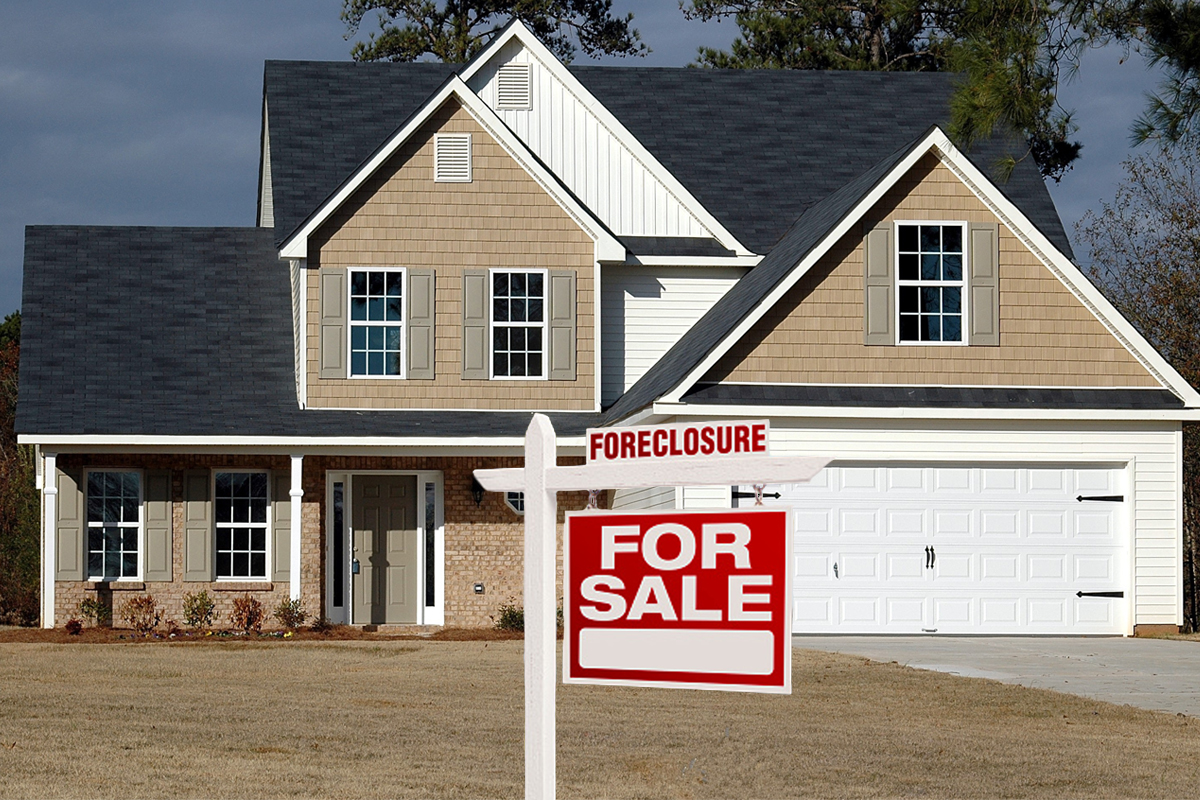During the COVID-19 public health emergency, the government temporarily halted foreclosures. Many homeowners breathed a sigh of relief at the news. However, the prohibition ends on June 30, 2021. If you are at risk for a North Carolina foreclosure, what will you do when your lender starts contacting you?
Basic Foreclosure Information
Mortgage holders use foreclosures when borrowers have defaulted on their loans. Using whatever means available, the mortgage holder sells the property and uses the proceeds to pay off the remaining balance on the mortgage. The borrowers lose all their property interests and rights.
There are several types of foreclosure:
- Power of Sale Foreclosure. The trustee named in a deed of trust can sell property on the lender’s behalf after a borrower defaults on his or her mortgage.
- Foreclosure by Civil Action. The person or entity trying to foreclose files a foreclosure by civil action case in a special proceeding in the county courthouse where the property is located.
- Foreclosure of Tax Lien. Local governments use this type of foreclosure to collect unpaid property taxes.
We will look only at the power of sale foreclosure process.
The North Carolina Foreclosure Process
Usually, the process starts with a letter from your lender. This is sometimes called a demand letter because your lender or trustee is telling you to fix the default on your loan or face foreclosure.
Next, the trustee or substitute trustee will file a notice of hearing with the clerk of the superior court. This notice must be filed in the county where the property is located.
The notice is then served on the borrower, usually by sheriff or by certified mail, return receipt requested. Sometimes the borrower cannot be served. When this happens, the sheriff can just post a copy of the notice of hearing at the property itself.
Options to Consider
If you have defaulted on your loan, it might not be too late to stop your North Carolina foreclosure. The trustee or lender might be willing to work out new payment arrangements or loan modifications if you call them.
Filing for bankruptcy protection also can help you keep your home. However, talk to an experienced bankruptcy attorney before declaring bankruptcy on your own. It’s easy to make mistakes when filing for bankruptcy, like filing a Chapter 7 when you should have filed Chapter 13.
Call to Discuss Your Potential North Carolina Foreclosure
Attorney Leslie Craft has the experience you need to deal with bankruptcy. Ms. Craft’s goal is always to help her clients get past their legal problems and get on with their lives.
To schedule a free personal consultation, call Craft Law Offices at (252) 752-0297 or email us at lesliecraftlaw@gmail.com. My offices are located in Greenville, Morehead City, and Rocky Mount for your convenience. I also represent clients in surrounding Eastern North Carolina communities, including Warrenton, Elizabeth City, Roanoke Rapids, Goldsboro, and Jacksonville.
Bankruptcy Doesn’t Have to Be a Painful Process.



